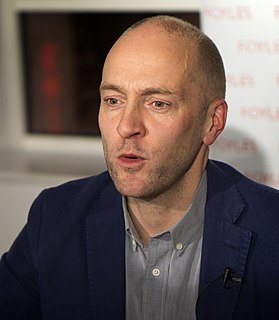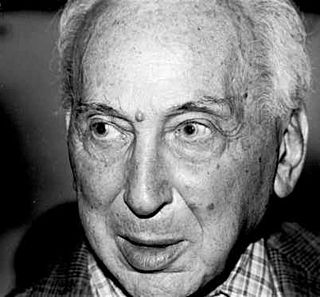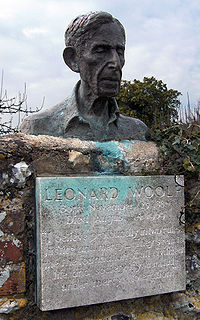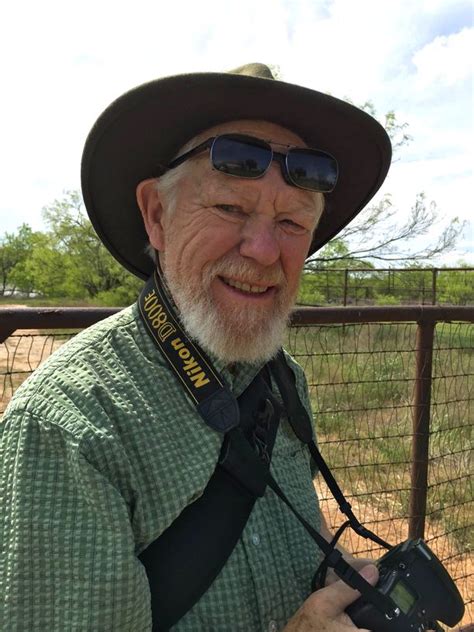A Quote by Ansel Adams
To photograph truthfully and effectively is to see beneath the surfaces and record the qualities of nature and humanity which live or are latent in all things.
Related Quotes
When one speaks of humanity, the idea is fundamental that this is something which separates and distinguishes man from nature. In reality, however, there is no such separation: "natural" qualities and those called truly "human" are inseparably grown together. Man, in his highest and noblest capacities, is wholly nature and embodies its uncanny dual character. Those of his abilities which are terrifying and considered inhuman may even be the fertile soil out of which alone all humanity can grow in impulse, deed, and work.
Photographers usually want to photograph facts and things. But I'm interested in the nature of the thing itself. A photograph of someone sleeping tells me nothing about their dream state; a photograph of a corpse tells me nothing about the nature of death. My work is about my life as an event, and I find myself to be very temporal, transient.
Nature is typified by strength; humanity by weakness. Nature adheres to an immutable order; humanity to an ever-increasing chaos. Nature recognizes no equality at any level of it's order; humanity preaches an all-prevasive equality and freely hands-out unearned "rights" in an attempt to make its doctrine a living reality. In short: humanity is Democratic, nature is Fascist.
Taking up magic was a distraction from my sexuality. There is that 1970s cliche of the gay man as hairdresser, interior decorator, fashionista... and all of those things are about arranging surfaces in a very dazzling way - and magic is all about how you arrange surfaces. I got very good at deflecting people from things I didn't want them to see.
A photograph never grows old. You and I change, people change all through the months and years but a photograph always remains the same. How nice to look at a photograph of mother or father taken many years ago. You see them as you remember them. But as people live on, they change completely. That is why I think a photograph can be kind.
For this very reason I refuse all the tricks of the trade and professional virtuosity which could make me betray my career. As soon as I find a subject which interests me, I leave it to the lens to record it truthfully. Look at the reporters and at the amateur photographer! They both have only one goal; to record a memory or a document. And that is pure photography.
Surfaces reveal so much. The marks painters make reveal so much about their work and themselves; their sense of proportion, line, and rhythm is more telling than their signature. Looking at the surfaces of nature may offer equivalent revelations. What do these shapes and patterns reveal about the world and their creator? Surfaces hide so much.



































